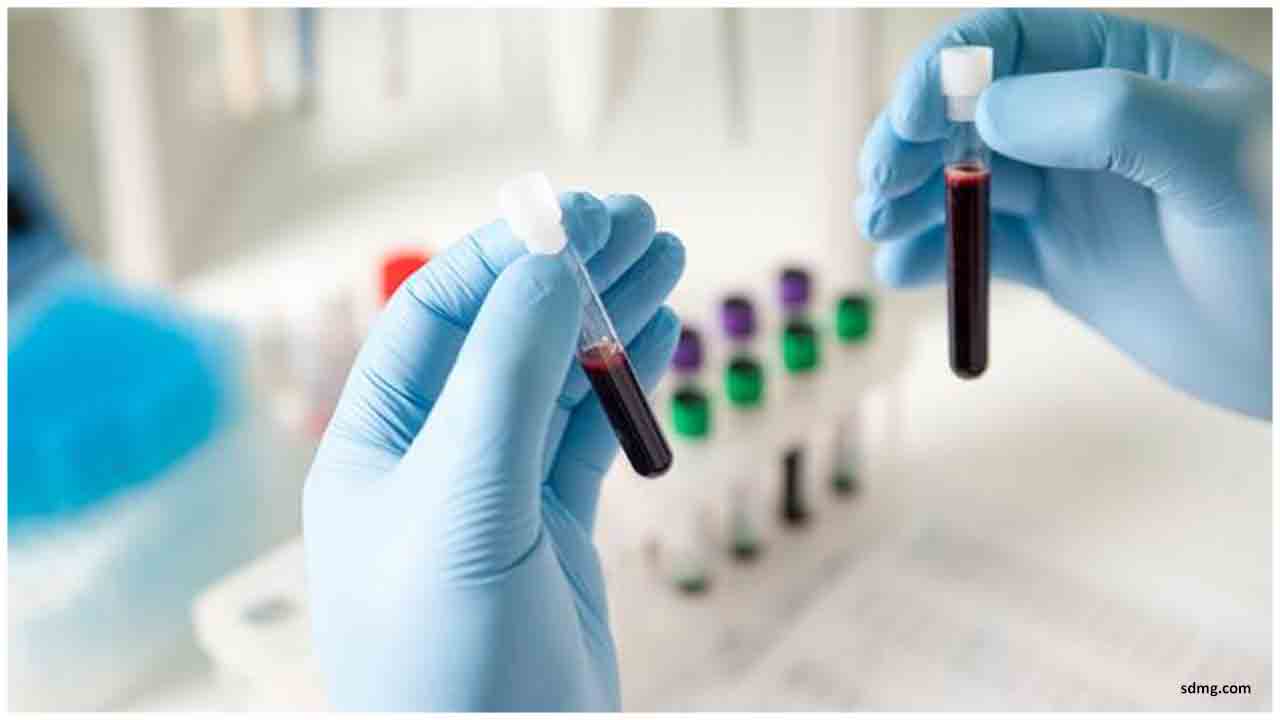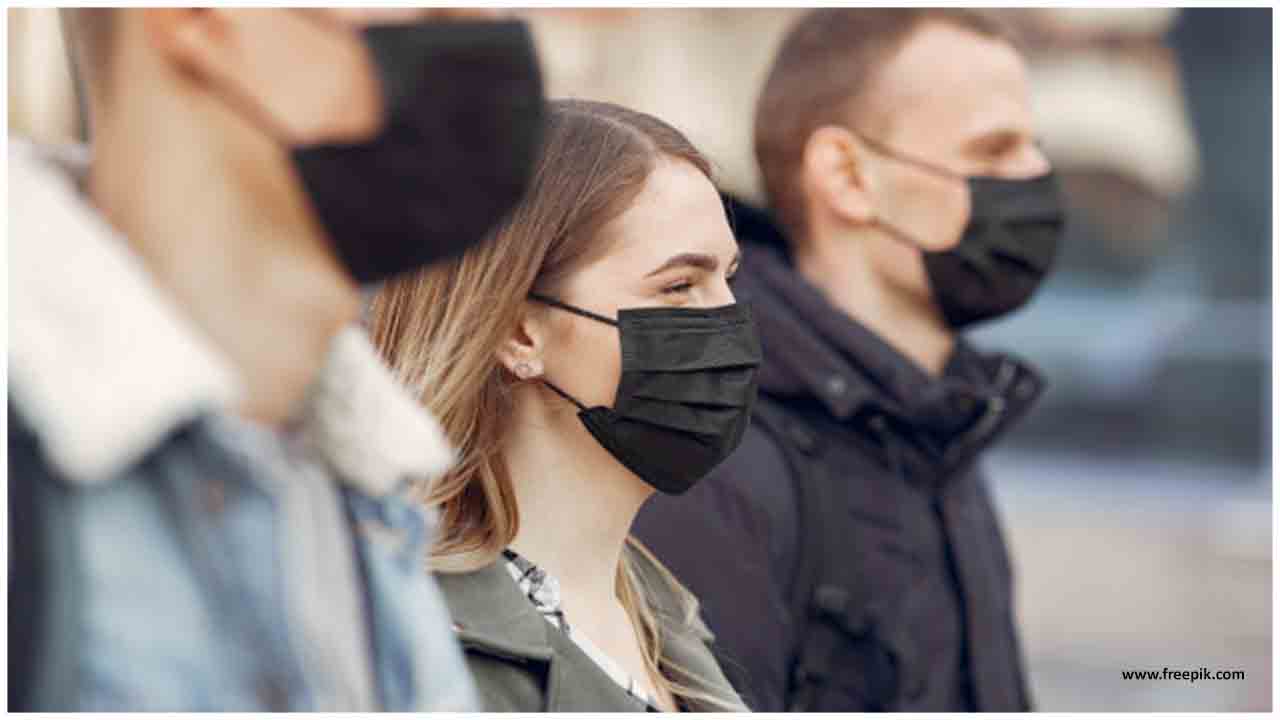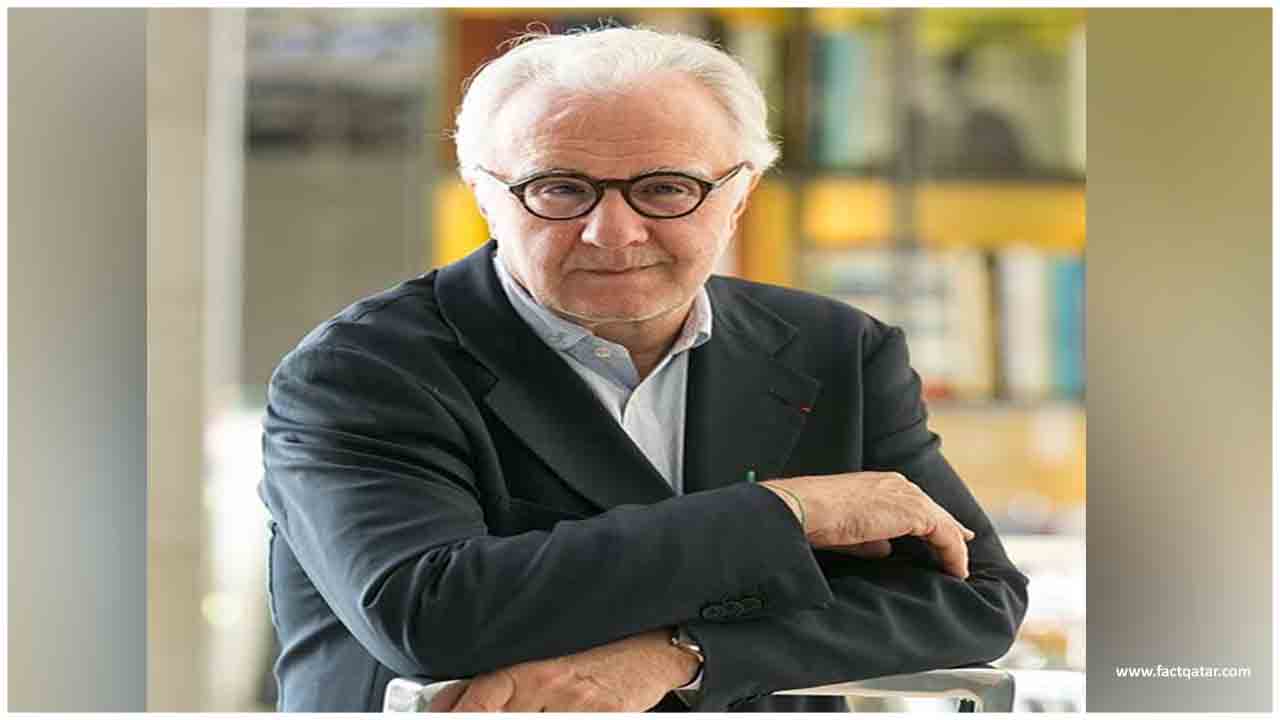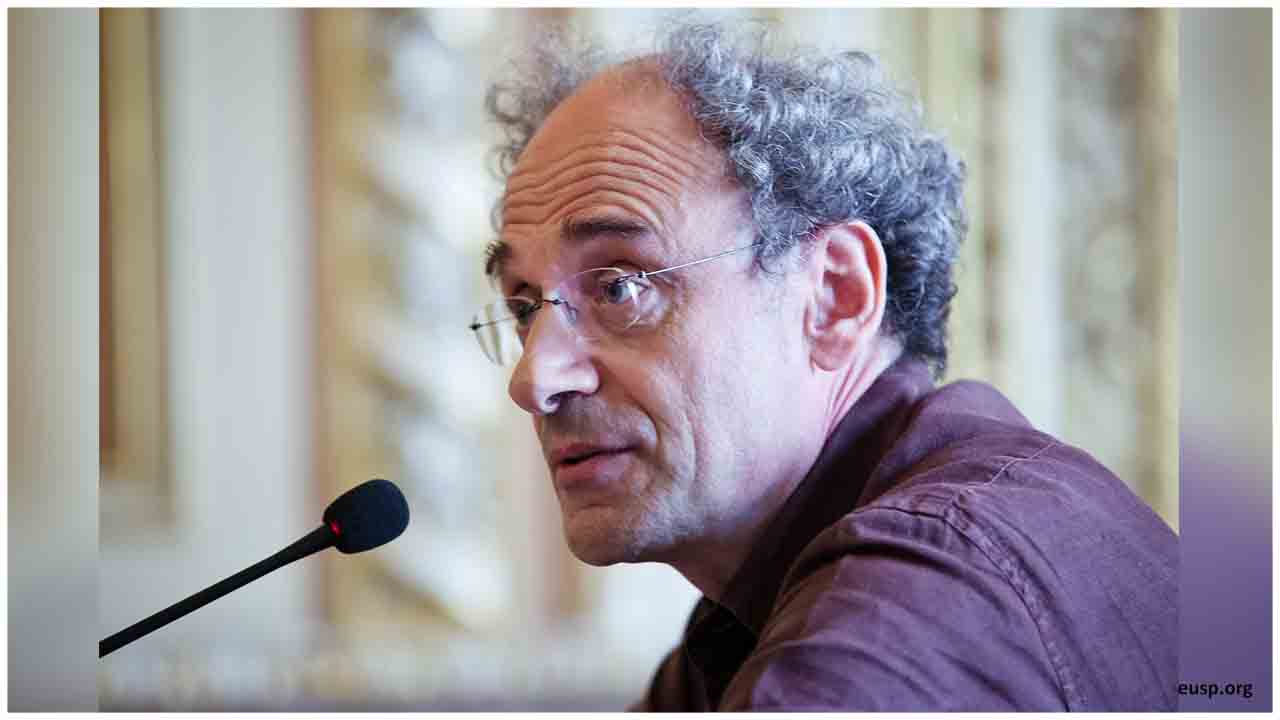Two European patients are affirmed to have been re-tainted with the coronavirus, raising worries about individuals' resistance to the infection as the world battles to tame the pandemic.
The cases, in Belgium and the Netherlands, follow a report this week by specialists in Hong Kong about a man there who had been re-contaminated with an alternate strain of the infection four and a half months in the wake of being pronounced recouped - the main such re-disease to be recorded.
That has fuelled fears about the viability of expected immunizations against the infection, which has executed a huge number of individuals, however, specialists state there would be a lot more instances of re-disease for these to be defended.
Belgian virologist Marc Van Ranst said the Belgian case was a lady who had contracted COVID-19 without precedent for March and afterward again in June. Further instances of re-contamination were probably going to surface, he said.
"We don't have the foggiest idea of whether there will be a huge number. I think presumably not, yet we should see," he told Reuters, taking note of that COVID-19 had just been in people for not exactly a year.
"Maybe an antibody should be rehashed each year, or inside a few years. It appears to be clear however that we won't have something that works for, state, 10 years," he said.
Van Ranst, who sits on some Belgian COVID-19 councils, said in cases, for example, the Belgian lady's wherein manifestations were moderately gentle, the body might not have made enough antibodies to forestall a re-disease, even though they may have helped limit the disorder.
Hereditary TESTING
The National Institute for Public Health in the Netherlands said it had likewise watched a Dutch instance of re-contamination.
Virologist Marion Koopmans was cited by Dutch telecaster NOS as saying the patient was a more seasoned individual with a debilitated resistant framework.
She said situations where individuals have been wiped out with the infection quite a while and it at that point erupts again were better known.
In any case, a genuine re-disease, as in the Dutch, Belgian, and Hong Kong cases, required hereditary testing of the infection in both the first and second contamination to see whether the two cases of the infection contracted marginally.
Koopmans, a guide to the Dutch government, said re-diseases had been normal.
"That somebody would spring up with a re-disease, it doesn't make me apprehensive," she said. "We need to see whether it happens regularly."
WHO representative Margaret Harris told U.N. instructions in Geneva concerning the Hong Kong case that, while narrative reports of reinfections had surfaced every so often, it was essential to have away from such cases.
A few specialists state, all things considered, such cases are beginning to rise as a result of more prominent testing around the world, instead of because the infection might be spreading unexpectedly.
All things considered, Dr. David Strain, a clinical senior teacher at the University of Exeter and seat of the British Medical Association's clinical scholarly staff board of trustees, said the cases were stressing for a few reasons.
PromotedListen to the most recent tunes, just on JioSaavn.com
"The first is that it recommends that past disease isn't defensive," he said. "The second is that it raises the likelihood that inoculations may not give the expectation that we have been hanging tight for."

 The cases, in Belgium and the Netherlands, follow a report this week by researchers in Hong Kong about a man there who had been re-infected
The cases, in Belgium and the Netherlands, follow a report this week by researchers in Hong Kong about a man there who had been re-infected 



















.jpeg)

.jpeg)
.jpeg)

.jpeg)


.jpeg)



.jpeg)
.jpeg)
.jpeg)


.jpg)


.jpeg)
.jpeg)